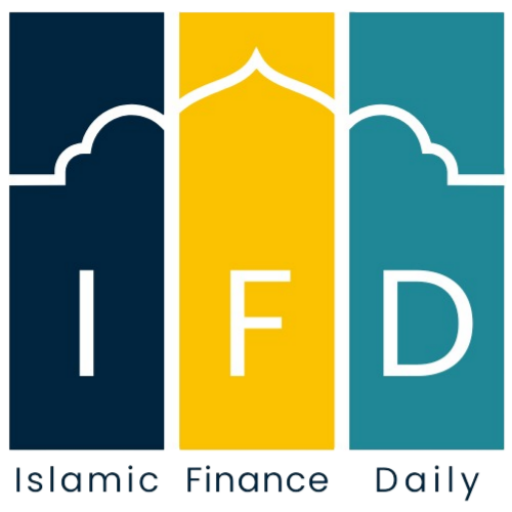Islamic finance has seen exponential growth worldwide, leading to an increasing demand for specialized education in this field. Several universities offer degree programs that equip students with the knowledge and skills to excel in Islamic banking, finance, and investment. This blog explores top universities offering degrees in Islamic finance, their programs, and key features that make them stand out.
Table of Contents
ToggleWhy Study Islamic Finance?
Islamic finance is a rapidly expanding sector, with assets expected to exceed $4 trillion globally in the coming years. The industry’s focus on ethical finance, risk-sharing, and Shariah compliance makes it an attractive field of study. A degree in Islamic finance opens doors to careers in banking, asset management, investment advisory, and regulatory institutions.
Top Universities Offering Degrees in Islamic Finance
Several prestigious institutions worldwide offer degrees in Islamic finance at undergraduate, postgraduate, and doctoral levels. Below is an overview of some leading universities and their programs:
| University | Location | Program Offered |
|---|---|---|
| INCEIF – The Global University of Islamic Finance | Malaysia | MSc & PhD in Islamic Finance |
| International Islamic University Malaysia (IIUM) | Malaysia | Bachelor’s, Master’s & PhD in Islamic Banking and Finance |
| University of Bolton | UK | MSc in Islamic Finance |
| Hamad Bin Khalifa University (HBKU) | Qatar | Master of Science in Islamic Finance |
| Durham University | UK | MSc in Islamic Finance and Management |
| University of Islamic Finance (UIF) | UAE | Bachelor’s & Master’s in Islamic Banking |
| The London Institute of Banking & Finance | UK | Professional Certification & Master’s in Islamic Finance |
| University of Karachi | Pakistan | MBA in Islamic Banking & Finance |
| University of Bahrain | Bahrain | Master’s in Islamic Banking and Finance |
These universities provide industry-relevant curriculums, expert faculty, and strong links with financial institutions, ensuring that students gain both theoretical knowledge and practical exposure.
Key Features of Top Islamic Finance Programs
- Accreditation & Recognition: Leading universities have accreditation from bodies like AAOIFI (Accounting and Auditing Organization for Islamic Financial Institutions) and IFSB (Islamic Financial Services Board).
- Industry Collaboration: Many programs partner with banks and regulatory bodies, offering hands-on training and internships.
- Multidisciplinary Approach: Courses cover areas like Islamic jurisprudence (Fiqh), risk management, ethics, and sustainable finance.
- Flexible Learning Options: Some universities offer online programs, part-time options, and executive education tailored for professionals.
Emerging Trends in Islamic Finance Education
Islamic finance is evolving with advancements in technology and sustainability. Universities are integrating:
- Fintech in Islamic Banking: Courses now cover blockchain, digital banking, and AI-driven financial solutions.
- Green & Ethical Finance: Sustainable investments aligned with Shariah principles are gaining prominence.
- Globalization & Regulatory Frameworks: Programs emphasize international laws governing Islamic finance, preparing students for cross-border roles.
Real-Life Example: INCEIF’s Impact on Islamic Finance
INCEIF, based in Malaysia, has trained thousands of Islamic finance professionals working in institutions like HSBC Amanah, Dubai Islamic Bank, and Bank Negara Malaysia. Its MSc and PhD graduates contribute significantly to policymaking and product innovation in the sector.
How to Choose the Right University for Islamic Finance
When selecting a university, consider:
- Accreditation & Reputation: Ensure the institution is recognized by Islamic finance regulatory bodies.
- Curriculum & Faculty: Look for programs with a strong focus on practical applications and expert faculty.
- Networking & Career Opportunities: Universities with strong ties to banks and financial firms offer better career prospects.
- Flexibility & Mode of Study: Consider whether you need full-time, part-time, or online learning options.
Conclusion
Islamic finance education is essential for professionals seeking careers in ethical and Shariah-compliant banking and finance. With top universities offering specialized programs, students have numerous opportunities to gain the necessary expertise. As the industry continues to grow, graduates with a solid foundation in Islamic finance will play a crucial role in shaping its future.



